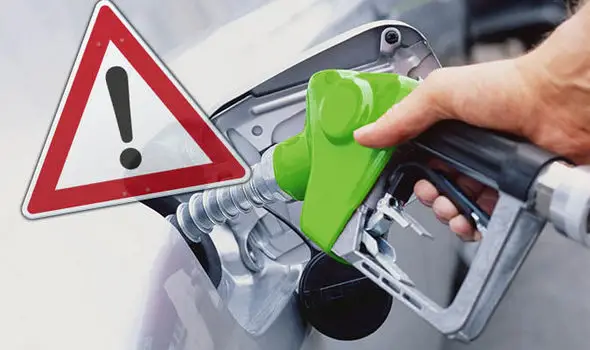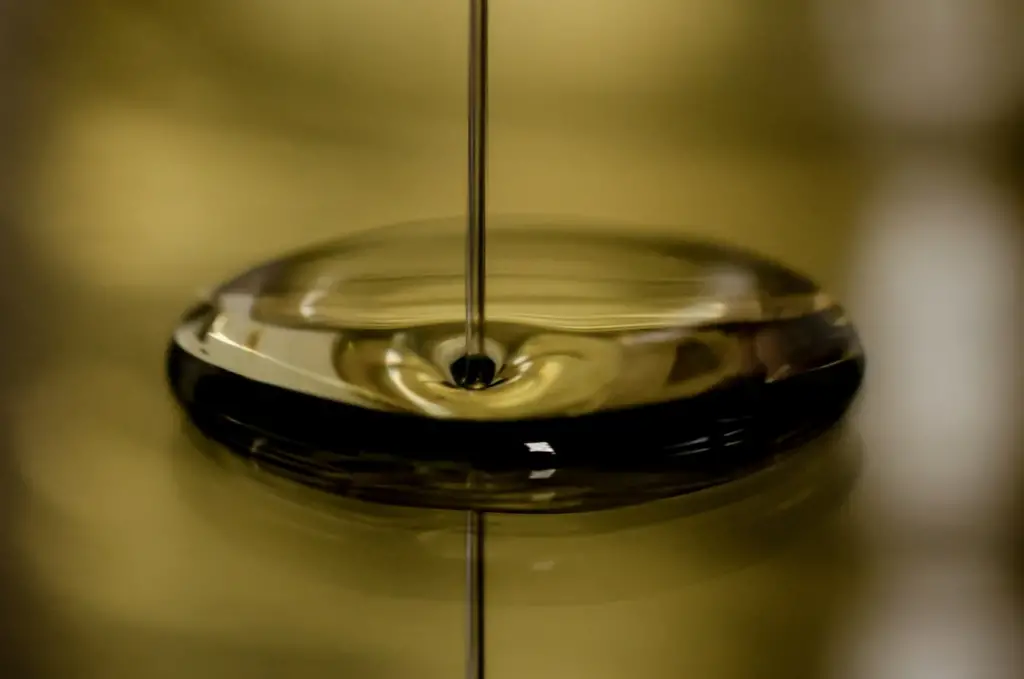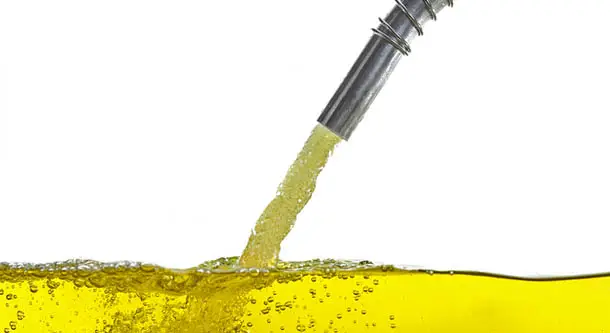If you have long been a gasoline owner and have shifted to diesel, then it can happen! You might end up putting gasoline in a diesel engine just out of habit. At times it happens to a diesel owner as well. In fact, it is one of the biggest fears for most diesel drivers!
Maybe it wasn’t your mistake at all. Someone borrowed your car and accidentally went with 87 instead of diesel at the gas station. No matter what is the cause of the issue, it can be disastrous for your engine, and it’s injection system.
Went with the gas in your diesel engine and looking for some solutions? Well, you are about to find out everything you need to know to get your engine out of the disaster that has happened and fixes it up as soon as you can.
It might be a little mistake that is quite commonly referred to as misfuelling, but it can cost you a lot! It is something that happens quite commonly. We’ll let you be the judge of which is worse: gas in diesel or diesel in gas.
So without further ado, let’s get to the matter, shall we!
Diesel Engines Can Burn Any Fuel But Gasoline
First of all, you must understand the two different natures of these fuels. Gasoline is just a solvent as compared to that oil-based fuel which diesel is. Being oil-based means that it serves as a lubricant and is combustible too. Therefore, the entire internal damage is due to the non-lubricant nature of gasoline.

The chemical formula of gasoline is entirely different from diesel as well. And it also leads to inadequate atomization within your diesel engine. This is exactly why running diesel engines on gas is far more destructive than running gasoline engines on diesel. Most of the damage is done in the fuel injection system, and it can cost you a lot because diesel engines are very costly.
Difference Between Gasoline and Diesel Fuel
The biggest difference between diesel fuel and gasoline is that the former is heavier than the latter. It is made of larger molecules, and it atomizes differently due to change in viscosity and density. It’s autoignition, and flash point temperature are slightly on the higher side as well.
Gasoline is less viscous and flashes at a lower temperature. Due to the difference in physical properties, these problems arise, and you cannot use them interchangeably.
Putting gasoline in diesel fuel vehicle
When you put gasoline in a diesel fuel vehicle, it is going to reduce the flash point of the diesel fuel. And with more quantity, you add there will be pockets of low and high concentrations of gas in diesel fuel. It is a dangerous situation because flashpoint temperatures are not going to be consistent throughout the diesel tank. Just as low as 1% gasoline contamination can reduce diesel flash point by up to 18C.

Additionally, it can also damage the diesel injectors and pump because it is a solvent in nature while diesel is an oil. Gasoline doesn’t come with any lubrication features, but diesel has them. So when you accidentally add gasoline to your diesel engine, it is surely going to cause plenty of damage because diesel engines are not designed that way.
Apart from all that you will also get an incomplete combustion cycle and you can see that by a large amount of black smoke. Your engine computer sensors will try to compensate it with compression stroke and adjusting the fuel-air mix. And it can result in a damaged spark plug. So the engine damage of your diesel vehicle begins right from the rotary motion.
You can see, mistaking a diesel nozzle with a gasoline nozzle at the gas station, just due to slight human error can spot you a lot. Diesel car engines are not designed that way, not at least the modern ones. Engine damage begins immediately just because of the lower viscosity of gasoline. And if you keep it running the exhaust system and combustion chamber will get damaged. It’s just the way modern diesel engines are made.
Putting diesel fuel in a gasoline vehicle
Now when you mix diesel fuel in a gas tank of your vehicle, you are adding heavier fuel with high flash point temperature to a base fuel which is lighter and is highly volatile with low flash temperature. According to a few, this scenario is not that devastating, but that is not the case with a modern gasoline engine.

With this contamination, you are reducing octane. It means that you are altering its capability to ignite at the right point and not too early. With a lower octane rating, gas can ignite fat as soon as it is injected into the combustion chamber.
Consequently, it can explode, and the piston is still on the up that will generate a pressure wave collision. You will hear your gasoline engine knocking and your piston and rod will get damaged. Gasoline engines are designed to have tighter tolerances. Only mixing 2% of diesel fuel into gas will lower the octane rating by 1 point.
And with only 10% it can reduce to 5 points, which is damaging for most of the gas engines. So getting some assistance from a tow truck isn’t a bad idea at all and get it to the repairman to get the problem sorted out. Apart from that, the filler neck in gasoline injectors can get clogged because they have tighter tolerances.
What Do You Do If You Put Gasoline In A Diesel Engine
So now you have gone for the wrong fuel, it’s time to rectify it. Here are some steps and measures that you need to take to get your diesel engine back on track.
Drop the Diesel Fuel Tank and Empty It
Whether you have started the engine or not, you have to empty it and run a cleaning process. Just getting rid of gasoline and filling it with number 2 is not going to suffice, not at least with the modern high powered diesel engines.

It means that you will have to remove the skid plate with tank straps and disconnect the fuel lines, lowering it and pulling its sending unit. The best-case scenario here is that your problem will stay up to your diesel tank if you haven’t started your engine and the fuel system is not exposed to the gas. If the fuel system is exposed to the gas, that’s a different scenario.
Older engines in diesel cars like Volkswagen can be sorted out mostly by draining the fuel tank and flushing the lines in the fuel system. You just need to put in fresh number 2, and your vehicle is good to go. These engines had lower injection pressure with loose tolerance, just like the rail fuel systems.
Lift pump
The lift pump is the first part that faces the gas intrusion. But it can be retained if it is not exposed to the gas for too long by cleaning the pump fuel. However, replacing it would lead to better engine performance.
Fuel Lines
Fuel supply lines with low-pressure span from the fuel tank to the lift pump and from there to the diesel engine. And they don’t warrant any replacement because they are pretty tough and won’t corrode or break down due to gasoline exposure. But you have to thoroughly flush them using compressed air and brake cleaner.
Fuel Filter
In a misfuelling scenario, you have to change the fuel filter but what to do with the fuel filter reservoir? It would be a better option to start anew because it is not going to cost you a lot. But if you are doing it on your own, you can get away by cleaning the fuel filter reservoir thoroughly.
Fuel Pump
This component is the heart and soul of your diesel engine, and it will face the hardest time handling gasoline. Older fuel pumps can handle some exposure to gasoline, but that is not the case with the newer ones. So it’s better to replace the diesel fuel pump whenever it has seen gasoline.
Fuel Rail
Based on the extent of misfuelling, you can either clean or replace fuel rail just like the fuel pump. To be sure most of the owners go with replacement because you don’t know how clean the fuel rail is on the inside.
Injectors
Injectors have multiple jobs within a diesel engine system. They also come with different moving parts and have ultra-high tolerances due to which they are expensive as well. So you have to be careful with them. It would be a good option for you to send them for testing. They might be working okay at the moment, but over time that began to wear due to gasoline exposure.
Frequently Asked Questions
Can a Diesel Engine Run on Gasoline?
After going through all the text above we can’t emphasize any much on the fact that you shouldn’t drive your car after misfuelling. It would be better for you to get it towed to the nearest repair shop and get a mechanic to work on it.
Some of you might be thinking that your colleague or friend accidentally misfueled their car but it kept working! But you can’t compare your scenario with others and justify the mistake of going for the wrong fuel. You shouldn’t take any chances to prepare yourself for a hefty bill.
Here’s a brief video you might be interested in watching.
How long will a diesel engine run on gasoline?
As we have mentioned above, older diesel engines can withstand gasoline exposure up to some extent. They come with low-pressure fuel lines and loose tolerances. But this is not the case with the newer diesel engines. These newer models come with high-pressure fuel lines and have tight tolerances so they are not going to last very long after they have been exposed to gasoline fuel.
Which is worse gas in diesel or diesel in gas?
Both scenarios are pretty worse because the fuel injectors in both the vehicle engines have been exposed to the wrong fuel. Diesel and gasoline are both different fuels. They cannot be used as each other’s replacement.
The engines that they are made to have different fuel injectors with different tolerances. Both diesel and gasoline have different physical properties. So, either gasoline or diesel, the wrong fuel can ruin your vehicle significantly and can cost you a lot. Whether it is gasoline or diesel either of the engine systems can’t be fed with the wrong fuel.
Final Word
Gasoline and diesel, both have different physical properties. Gasoline is a solvent while diesel is an oil. You cannot use them interchangeably in your vehicle. If you have made the mistake then it is better to get some assistance from a tow truck, get your vehicle to a mechanic and sort out the problem.
